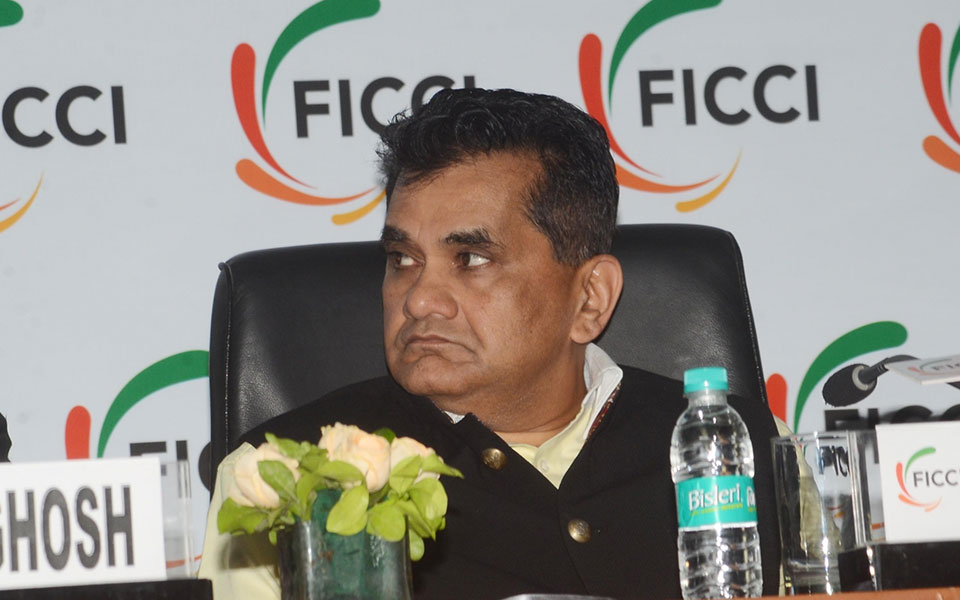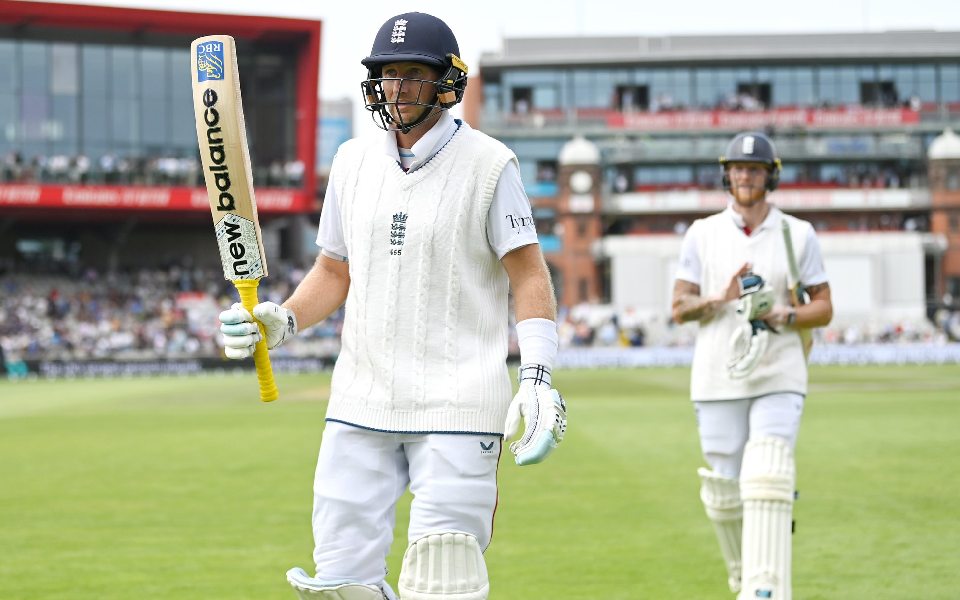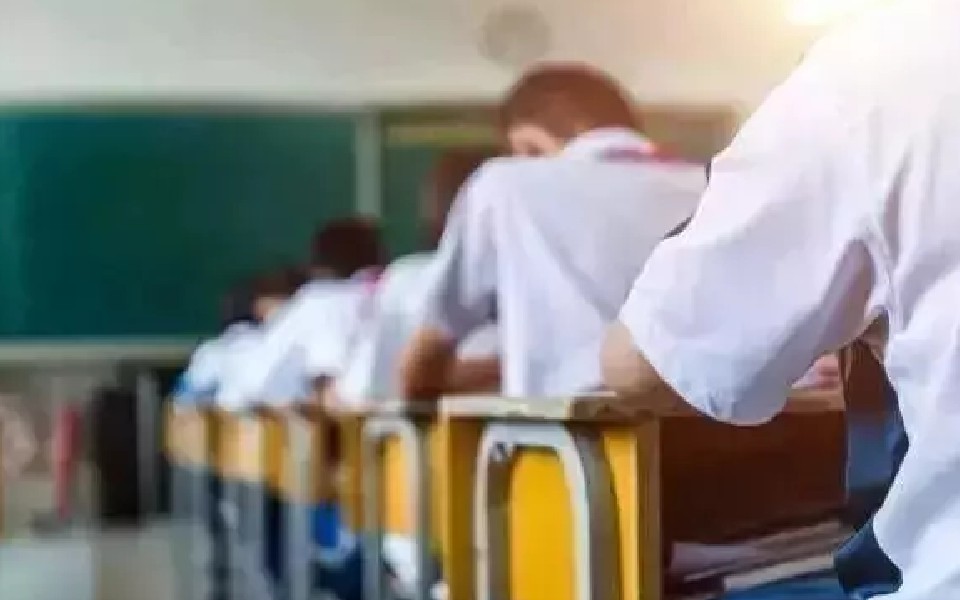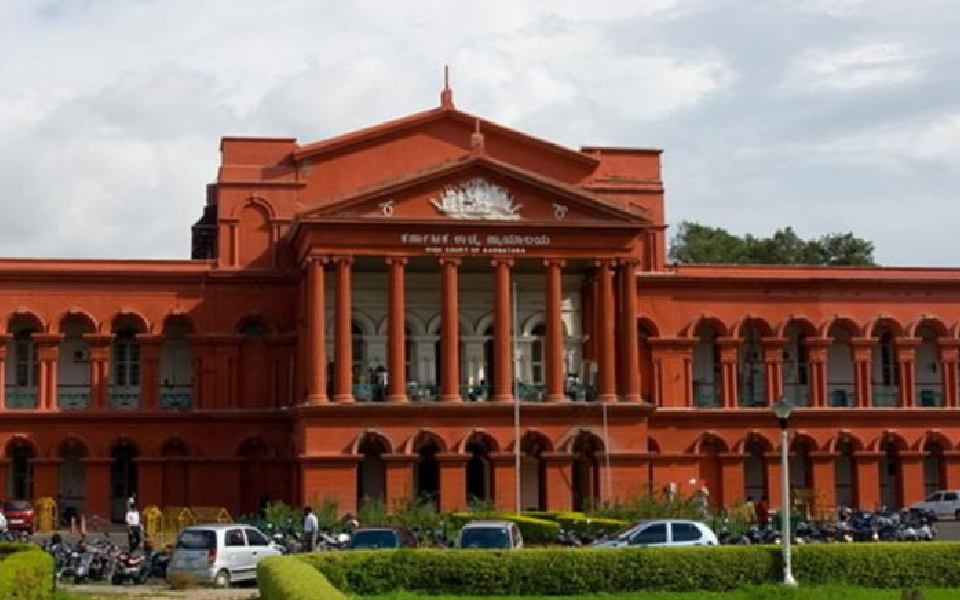New Delhi, June 29: Among the 108 most backward districts across the country, Jammu and Kashmir's Kupwara has shown the least improvement while Gujarat's Dahod has shown the most, the NITI Aayog said on Friday.
Releasing the first "delta ranking" of the most backward districts in the country -- which the NITI Aayog has dubbed as aspirational districts -- the government's premier think-tank said the purpose of the ranking is to spur a sense of competition among them.
The 20 bottom ranked districts include nine districts from Bihar, five from Jharkhand and three from Odisha.
Apart from Kupwara, Bihar's Begusarai, and Jharkhand's Ranchi and Simdega have fared the worst improvement being ranked at the bottom.
NITI Aayog CEO Amitabh Kant had last year said that districts in a few eastern India states were holding India back and there was a need to "name and shame them".
He had then said there was a need to create a baseline survey and monitor these states and districts on a regular basis and put it all in the public domain.
"We need to name and shame these states and districts. We must bring it out that these are the states which are holding India back," he had said.
Districts which have fared well in the rankings include Gujarat's Dahod, West Sikkim and Tamil Nadu's Ramanathapuram ranked first, second and third respectively.
"Asifabad district of Telangana, which was ranked 100 in baseline ranking released in March this year, has made significant improvements in the past two months and stood at 15 in delta ranking," Kant said on Friday.
"Dahod district of Gujarat improved 19.8 points to rank first in the delta ranking (it was ranked 17 in baseline ranking)," he said.
West Sikkim district stood second with 18.9 points, a huge improvement from being in the 30th position in baseline ranking.
"Bijapur district in Chhattisgarh also made significant strides by improving 14.7 points and ranked sixth in delta ranking from 45th position in baseline ranking," Kant said.
The ranking was based on self-reported data of districts in April and May across five developmental areas of health and nutrition, education, agriculture and water resources, financial inclusion and skill development, and basic infrastructure.
The next ranking will take into account inputs from the NITI Aayog's knowledge partners - Tata Trusts, and Bill and Melinda Gates Foundation (ID Insights).
"Since these districts face many challenges including legacy, unexploited or weak resource base, deficit of manpower at different levels due to difficult living conditions etc, the ranking is also a tool to identify sectors and indicator specific challenges so that Team India, which is driving this programme, can take immediate corrective measures," Kant said.
A NITI Aayog statement said that this delta ranking takes a step further and looks into specific aspects of Sustainable Development Goals (SDGs) and analyses how districts have performed in last two months across important sectors.
"This grouping and positioning would aid the District Magistrates and Collectors to focus more on these sectors and improve their ranking in future," it said.
Launched by Prime Minister Narendra Modi in January this year, the 'Transformation of Aspirational Districts' programme aims to quickly and effectively transform some of the most underdeveloped districts of the country.
Let the Truth be known. If you read VB and like VB, please be a VB Supporter and Help us deliver the Truth to one and all.
Manchester, Jul 25 (PTI): England extended their lead to 186 runs, closing day three of the fourth Test against India at 544/7 here on Friday.
It was a landmark day for Joe Root, who crafted a sublime 248-ball 150 and leapfrogged legends Rahul Dravid, Jacques Kallis, and Ricky Ponting to become the second-highest run-scorer in Test history.
India clawed their way back into the contest in the final session, claiming three wickets to stall England's charge.
At stumps, skipper Ben Stokes, who had earlier retired hurt due to cramps, resumed his innings and remained unbeaten on 77 alongside Liam Dawson, who was batting on 21.
Brief scores:
India 1st innings: 358 all out in 114.1 overs (Sai Sudharsan 61, Yashasvi Jaiswal 58; Ben Stokes 5/72).
England 1st innings: 544 for 7 in 135 overs (Joe Root 150, Ben Duckett 94; Washington Sundar 2/57 ).





